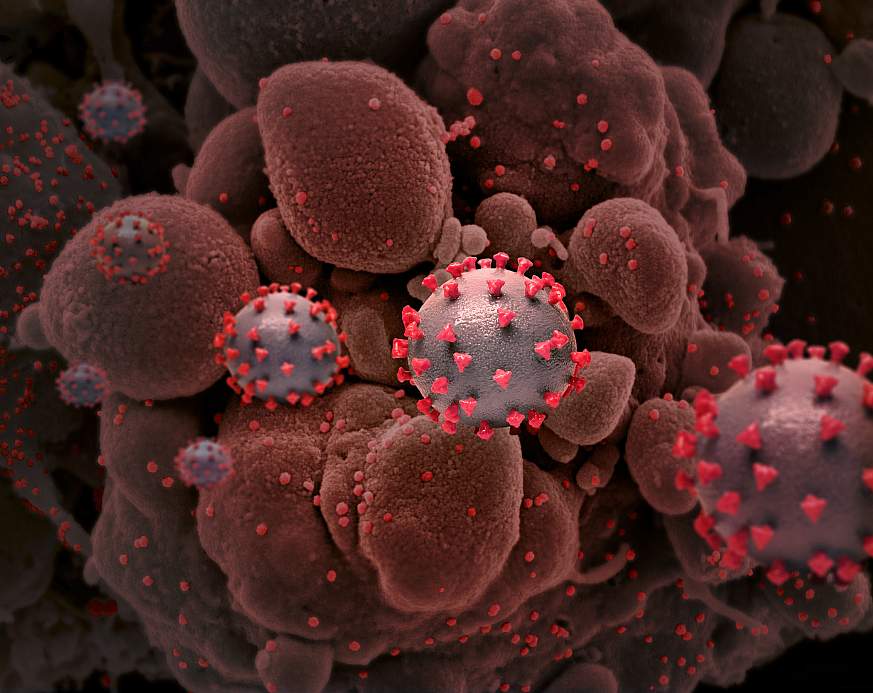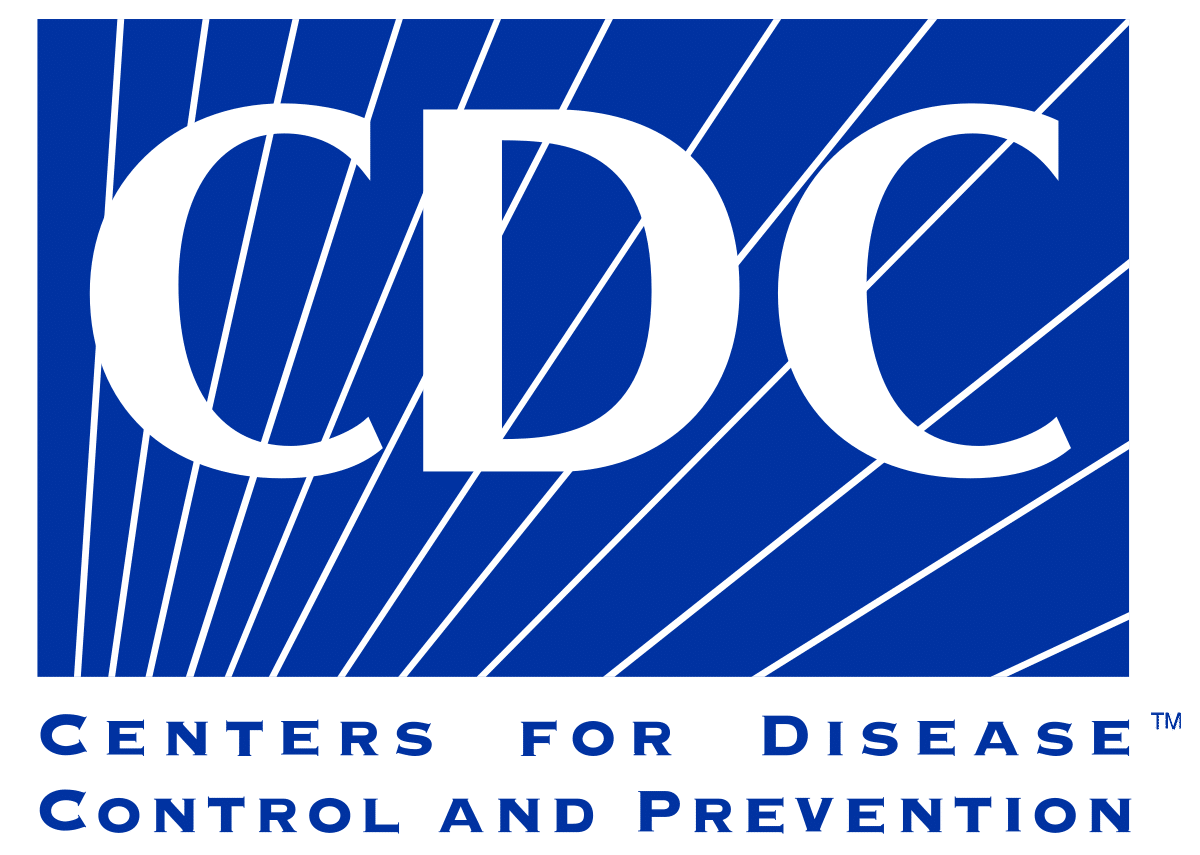The new coronavirus has presented an unprecedented threat to not just our health but also to our healthcare system. With the appearance of new, significantly altered varieties, the pandemic appears to have no end in sight.
Furthermore, while the disease’s immediate consequences are not only concerning but even life-threatening, many people are still dealing with the virus’s long-term impacts. For a long time, COVID was a reality for a huge population infected with the SARs-COV-2 virus. The second wave of coronavirus claimed many lives, but many survivors are still dealing with the consequences.

However, with moderate Omicron infection on the rise, people are wondering if it can lead to lengthy COVID or if people are vulnerable to the virus’s long-term consequences.
Is there a danger of extended COVID in patients with mild disease?
Long COVID, also known as post-COVID syndrome, is a disorder that occurs four weeks or more after being infected with the coronavirus. It occurs when patients have COVID symptoms after they have recovered from their sickness and tested negative for the virus. These patients are also referred to as ‘long haulers.’
Previously, it was thought that post-acute COVID-19 infection occurred in individuals who had severe SARs-CoV-2 infection. This either results in organ damage or prolonged symptoms with no obvious harm to other regions of the body.
With the new Omicron type, which is considered to be moderate, some are wondering if it would result in a lengthy COVID or not.
What does a mild coronavirus (Omicron) infection feel like?
Omicron has invaded the borders of multiple nations in a matter of weeks, becoming the most prevalent strain to date. While the Omicron variation is known to have a high infectivity rate, preliminary research indicates that the new variety is much milder. According to prominent doctors and specialists, symptoms of the Omicron variety include moderate fever, scratchy throat, acute bodily aches, night sweats, vomiting, and lack of appetite.

The most prevalent Omicron symptoms, according to the Centers for Disease Control and Prevention (CDC), include cough, lethargy, congestion, and a runny nose.
What do the experts say?
Omicron has infiltrated many nations’ borders in a matter of weeks, becoming the most ubiquitous strain to date. While the Omicron variant is well-known for its strong infectivity, a preliminary study shows that the new type is significantly gentler. Symptoms of the Omicron variant include a mild temperature, scratchy throat, severe physical soreness, night sweats, vomiting, and a lack of appetite, according to notable doctors and specialists.

According to the Centres for Disease Control and Prevention (CDC), the most common Omicron symptoms include cough, tiredness, congestion, and a runny nose.
Long-term symptoms that may occur even if you test negative
Patients with COVID-19 are either asymptomatic or have mild to severe disease. The symptoms usually go away after 2–3 weeks from the commencement of the symptoms. However, some people continue to have symptoms for more than four weeks after testing negative for the virus.
Shortness of breath, weariness, trouble focusing, sleeplessness, and brain fog are frequent long-term effects. Some people have also experienced alterations in, or complete loss of, their sense of smell and taste.
Long COVID in fully vaccinated people
COVID-19 vaccinations, according to experts, lower the risk of acute sickness and hospitalization but have little to do with reducing the risk of protracted COVID. Coronavirus vaccinations, on the other hand, minimize the risk of protracted COVID by decreasing the odds of catching COVID-19 in the first place.

Recent non-peer-reviewed research published on medRxiv discovered that COVID-19 vaccines do not protect patients from having lengthy COVID in the event of a breakthrough infection, particularly if they are over 60. In breakthrough instances, immunization significantly reduces the probability of mortality, ICU hospitalization, and health concerns such as respiratory failure, the requirement for oxygen therapy, mental disorders, and hair loss, according to the research. As a result, it is critical to take COVID-appropriate precautions to avoid infection.
Post-Covid care
If you have previously tested positive for COVID-19, do not disregard post-coronavirus care. Testing negative for a virus does not imply that you should relax your guard. It merely signifies that the war has been won in half. The recuperation time is critical since it needs intensive attention.
Everything matters, from a balanced meal plan to simple workouts. While it may be tough to go about your normal activities owing to continuous weariness, do not lead a sedentary lifestyle. Those who are fitness aficionados, however, should avoid engaging in rigorous, hard-core workouts right away. Allow your body to heal at its own pace.
Drink plenty of water and consume nutrient-rich meals to ensure you have enough energy.
Also Checkout: ICMR Scientists Spot Variant With S-gene Dropout Characteristic











